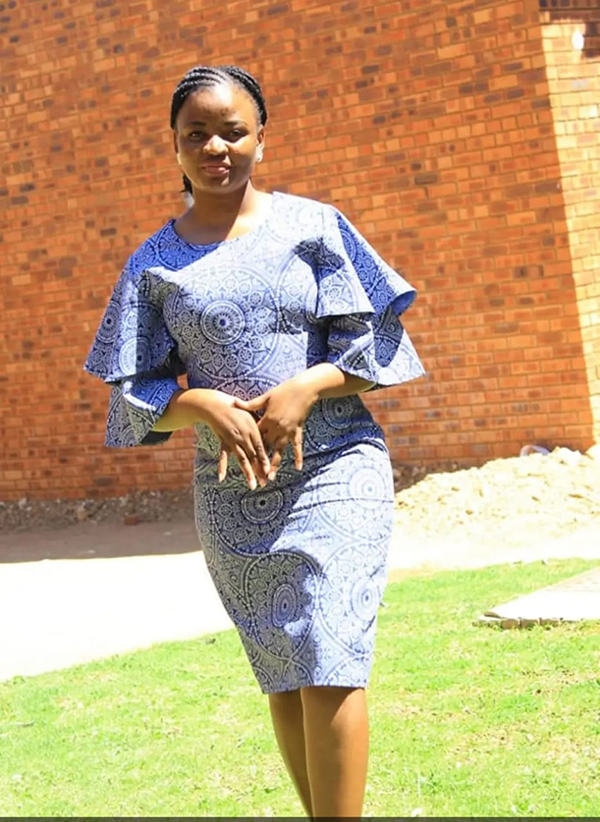A master’s-degree study conducted by North-West University (NWU) student Katlego Botlhoko from the School of Nursing explores the experiences of nurse educators with regard to the new diploma in general nursing (R171) curriculum in North West.
The diploma in general nursing is a three-year programme, leading to registration with the South African Nursing Council as a general nurse. The programme consists of a theoretical and a clinical component, which must be completed in each academic year.
“The R171 nursing curriculum was introduced in South Africa in 2013, and was implemented at a local nursing college in North West in 2021. The aim was to produce generalist nurses who are critical thinkers,” says Katlego.
She says nursing education is currently in a period of unpredictability. This is because healthcare services face disruption due to global health crises, such as Covid-19.
“Therefore, nurse educators have to find new and innovative frameworks for their curricula to prepare nursing students to meet evolving healthcare needs,” she says.
Three themes emerged from the findings of the study with regard to the implementation of the R171 nursing curriculum, namely inadequate resources, teaching and learning challenges, and possible solutions.
Katlego says the study revealed that there is a need for nurse educators to be involved in the curriculum development, as they are the ones who are facilitating the curriculum.
“There is a need to employ additional clinical preceptors (teachers of instructors) who have sound clinical experience as nurses. In addition, they must have a background in nursing education, with credible insight into the clinical accompaniment of nursing students.
“It is also necessary to conduct similar studies in other provinces to compare experiences. Furthermore, sound evidence-based practice strategies must be developed that can be adopted to implement the R171 nursing curriculum efficiently,” concludes Katlego.

Katlego Botlhoko.
